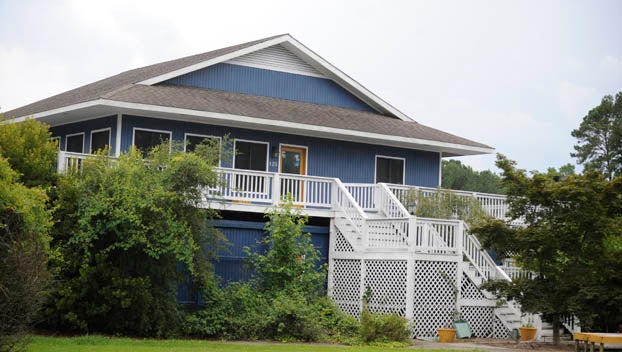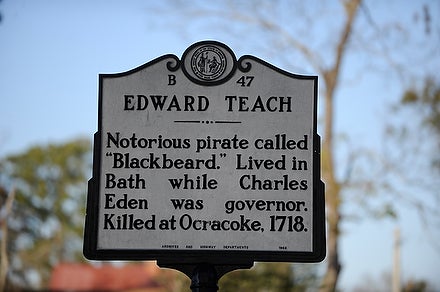Councilman wants investigation into electric delivery point
Published 2:38 pm Thursday, November 24, 2016
Washington Councilman Doug Mercer wants the city to explore a second delivery point for electricity the city purchases and then sells to its power customers.
Mercer broached the subject during the City Council’s Nov. 14 meeting. Mercer represents the city on the North Carolina Eastern Municipal Power Agency’s Board of Commissioners.
Mercer believes a second delivery point would help prevent prolonged power outages, such as occurred during and after Hurricane Matthew’s trek by North Carolina last month. Power in most of Washington was out for nearly 48 hours, caused, in part, by the failure of the Duke Energy transmission system that delivers power to the city.
“There are two things I am concerned about, and have been concerned about, one of these for a number of years, and that’s the fact that our primary delivery is from a line from Chocowinity, across the river… That line is now between 25 and 30 years old, and I have dreaded every time that we have had a storm that some big tree might come down and take that tower out and put us without power for several days,” Mercer said. “I think it’s time for us, the council, working through the Electric Advisory Committee, to begin to evaluate whether we need a second delivery point on this side of the river. I know some people say we have a second delivery point, but, in essence, we don’t.”
Mercer said the city’s option to get power from Dominion Power would require a change of fittings inside a transformer before the city could get power from Dominion Power. Mercer prefers an option that’s easier.
“I would like for the advisory committee … have a discussion regarding the potential need for a second delivery point rather than some of the projects we have been funding in the years past,” Mercer said.
The councilman said Hurricane Matthew and subsequent flooding indicates the need for a fixed generator at the Jack’s Creek pumping station instead of a portable generator used during previous storms. “Because it was tied up at another location, we did not have that generator available during this storm,” he said. “There was a period of 20, 25 or 30 hours that the pumps did not operate, but could have operated if a generator had been there.”
Mercer wants the committee to investigate putting a fixed generator at the pumping station and the cost for doing so, and then share it with the council so it might consider buying a fixed generator when it begins budget work next year.






